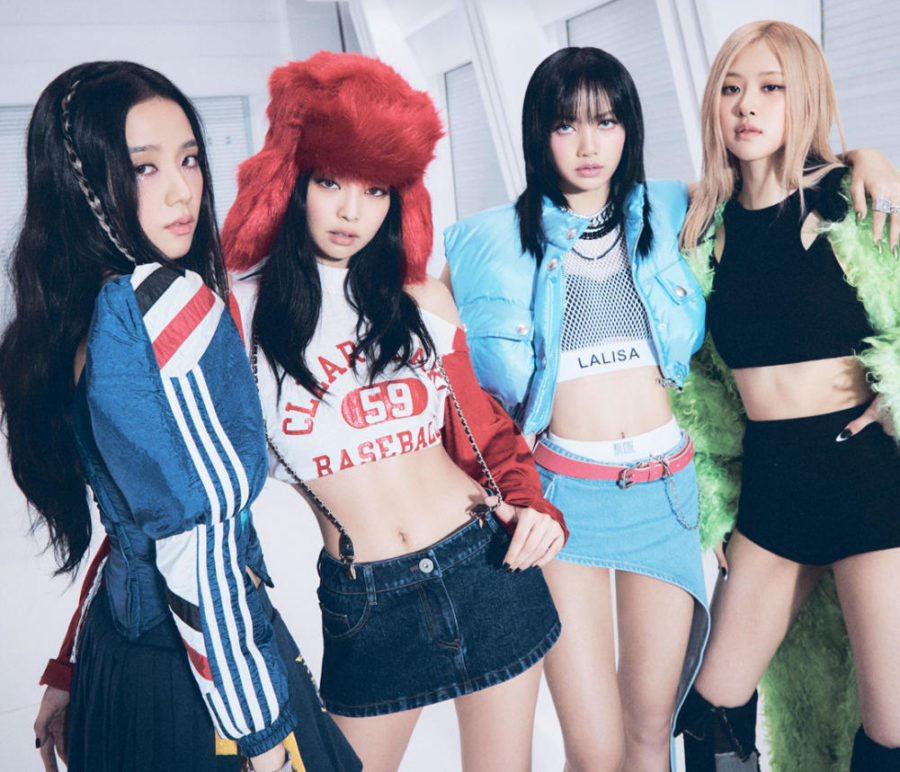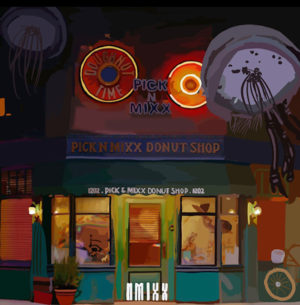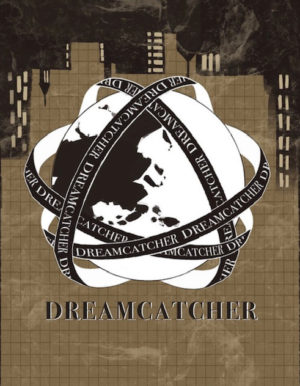Blackpink’s “Born Pink” somewhat shines but does not surprise
courtesy of YG Entertainment
Blackpink, a four-member kpop girl group, released their second studio album “Born Pink” after much anticipation.
September 29, 2022
Following an informal two year hiatus, K-pop girl group Blackpink is back with their long-awaited second studio album “Born Pink,” released on Sept. 16.
Blackpink debuted in August 2016 with the popular songs “Boombayah” and “Whistle,” and since then, have exploded in popularity. The quartet consists of Jennie, Jisoo, Rosé, and Lisa. Blackpink received massive international success after their release of “Ddu-Du-Ddu-Du” in 2017 and “Kill this Love” in 2018, both of which have strong female empowerment, or “girl crush” concepts and powerful lyrics. Throughout their career, Blackpink has continued to dominate the K-pop scene with songs like “How You Like That” and “Pretty Savage,” both of which were released in their 2020 album, “The Album.”
Though Blackpink is arguably the most famous girl group in the world right now, their biggest weakness has always been their lack of new music, releasing only 24 original songs in the six years before the release of their most recent album. This has left many fans craving for new music, and has set the expectations for “Born Pink” high. The question remained: would “Born Pink” live up to the hype?
The album’s last track, “Ready for Love,” was first released as a single on July 29, 2022 in a collaboration with the online game PUBG. The highly anticipated song was not worth the two-year wait. It sounded like video-game or elevator music, neither suits Blackpink’s sound. The song had an unclear chorus, and its instrumental sounded like a commercial, which created a bad first impression of the album.
The first track, “Pink Venom,” was also pre-released as a single on August 19th, generating further anticipation from fans for the full album. “Pink Venom” follows a song structure with features like out-of-place choruses and a dance break outro that often characterizes several of Blackpink’s previous hit tracks, such as “Kill this Love,” “How You Like That,” and even side tracks like “See u Later.” By following this often repeated structure, “Pink Venom”, despite its great vocals and raps, felt trite due to its lack of originality. The song was similar to member Lisa’s solo songs, “Money” and “Lalisa,” with messages of girl power and strength. Though Blackpink has effectively used these ideas in their past music, its repetitiveness along with its lack of musical inventiveness leaves the audience with a boring title track. It seems that all Blackpink songs either say “I have money and power”, “I’m strong”, or are about a breakup and falling out of love. As Blackpink continues to follow a direction that is extremely overused by their label, YG Entertainment, this track failed to excite audiences for the rest of the album.
However, despite the sound of the song itself, the music video for “Pink Venom” brought on a new level of freshness. Filled with unique elements like a traditional Korean instrument and outfits and expensive sets, the music video is the epitome of Blackpink’s expensive but plain style of music videos. The member’s outfits and styling were also on point and it created a nice blend of visuals. Nevertheless, the charming music video does not make up for a lack of the creativity in “Pink Venom’s” sound.
Fortunately for fans, “Born Pink”’s title track “Shut Down” has brought back the innovation desperately needed by the group. Although “Shut Down” continues to follow a similar song structure as many of their previous tracks, the overall flow and vibe of the song is different enough to bring out a new side of Blackpink. Previous songs had a tendency to include odd transitions between different parts of the song. Individually, these parts would sound great, but when put all together the flow of the song simply failed. In other words, it often felt as if as much marketability was pumped into each part of the song and then simply pieced together for maximum profit. Utilizing beautiful strings with another explosive beat, “Shut Down” stands out because of how smooth the flow and rhythm of the song overall is compared to previous hit songs.
However, unlike “Shut Down”’s more unique sound, its music video felt cheap. The music video contains many references to past music videos, but that’s all there is. The music video feels somewhat empty because though it sums up Blackpink’s history, that history isn’t long or complex enough to convey the intended effect. Along with that, the white backdrops make the music video feel somewhat lackluster.
Continuing with the same boisterous sound, “Typa Girl” is another good song in this album. Similarly, the production is overused and shares many similarities with Blackpink’s “Pretty Savage,” such as its brassy instrumentation and bombastic beat. On this track, however, the lyrics echo unoriginal claims about being “not like other girls” and lack the uplifting nature that “Pretty Savage” has. There is nothing revolutionary about “Typa Girl,” yet the song provides much needed personality with the members’ sassy raps and angelic vocals. With Rose and Jisoo’s beautiful pre-chorus and Lisa’s lively rap section, “Typa Girl” uses the girls’ talents to produce an addictive track.
Straying from Blackpink’s typical song structure and hip-hop style, “Yeah Yeah Yeah” uses guitar-driven verses with a retro EDM chorus to captivate the listener. The song is reminiscent of late 2000s and early 2010s hits, such as Calvin Harris’s “Summer” and Taylor Swift’s “Red.” This makes “Yeah Yeah Yeah” very nostalgic and refreshing, contrasting from the experimental direction that recent K-pop songs have taken. Unfortunately, the song ends very abruptly with an underwhelming final chorus that fades out.
With a similar nostalgic style, Rose shines in her English solo “Hard to Love.” While it is confusing why a solo is included in a short eight-song group album, the song highlights Rose’s powerful vocals with a groovy instrumental that complements her tone. Compared to the other tracks in the album, “Hard to Love” is very radio-friendly with its traditional pop song vibe. This song also marks the peak of the album in terms of quality, as the music after this point shifts to become more mellow and somber.
As a ballad, “The Happiest Girl” expresses much more sadness rather than happiness, as the members sing about wanting to be happy after experiencing a break-up. With an overused lyrical theme, the song’s only saving grace is the ethereal voices of the members, who give their vocal performance their all. “Tally,” while also being a ballad, packs more personality with a more memorable melody. The member’s unique voices shine once again with a catchy tune. With a somewhat cheesy and overdone message, “Tally” stands out nevertheless. Reminiscent of “Kick It,” one of Blackpink’s better older songs, “Tally,” brings back a nostalgic feeling.
People often call Blackpink “models that release music every once in a while”, criticizing how much of their music career plays off the member’s reputations as icons and their work in the fashion world. But the impact they have made in the music industry can not be denied. Blackpink’s company has a successful history of making music that plays off popularity rather than what is perceived as genuine musicality, and Blackpink is no different. Despite the public usually having critical initial reactions for lack of creativity or ground-breaking messages, their music often ends up simply growing on you — maybe that’s the charm of Blackpink.







